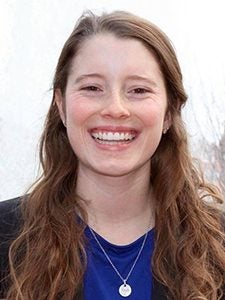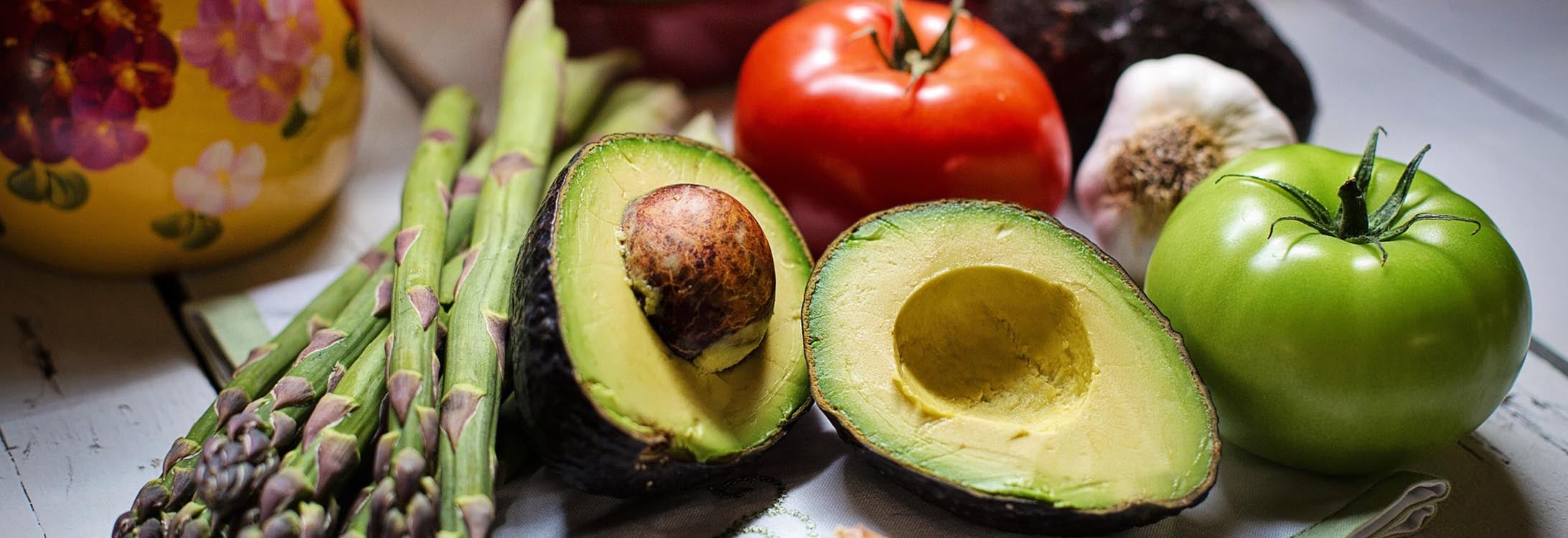Student Profile: Jocelyn Bayles

ECU undergraduate researcher Jocelyn Bayles is helping preschool students develop a love for fruits and vegetables.
Major: Nutrition and Dietetics and Hispanic Studies
Mentors: Dr. Virginia Carraway-Stage and Dr. Archana Hegde
Department: Department of Nutrition Science
Project Title: “Can Food-Based Learning Improve Preschoolers Vegetable Intake?”
Jocelyn’s study aims to assess the effect of a 7-week, hands-on nutrition education curriculum’s effect on Head Start preschool children’s vegetable affinity and overall fruit and vegetable consumption. The effectiveness of the curriculum is measured through pre-, mid- and post-data collection using a variety of methods including a pictoral liking scale, Vitamin A levels in the skin, and height and weight.
How did you get involved in undergraduate research?
I’d always heard about conducting research, but I did not really know what it was outside the context of a scientific lab. When I discovered that research spans many diverse fields of study and can be quantitative or qualitative, I was intrigued. In the midst of a major change in my sophomore year, I was connected with Dr. Virginia Carraway-Stage to explore a degree in nutrition and begin research as her undergraduate assistant. It was a leap of faith to begin research and change my major, but I haven’t looked back since.
Why did you choose your research topic?
I began my time at ECU as an elementary education major. Although that wasn’t the path I ended up taking, I have always had a passion for education. With my research I am able to unite both of passions into one study where I get to see how they impact one another.
What’s been your favorite part of conducting undergraduate research?
My favorite part of conducting undergraduate research has been all of the opportunities I have had to talk to other people about my research findings. Since my research involves food, it is something that everyone can relate to and has an opinion about. Since beginning my research, I’ve been able to present various times at ECU, other parts of North Carolina, and even as far as Minneapolis!
What challenges have you faced while conducting undergraduate research?
One of the biggest challenges with conducting research in the community is acknowledging that working with humans can be hard. Since everyone is busy and trying to accomplish their own to-do list, I’ve found the importance of building and maintaining healthy partnerships, as well as being flexible as plans change. Additionally, undergraduate research has been challenging since there is a large learning-curve. Starting my sophomore year, I had no idea how to conduct research, what IRB stood for, and how to construct a research poster. Although I am still learning a lot, I have come a long way from where I started!
Why is your research important for the general public?
Although my research is with preschoolers in Head Start, these preschoolers aren’t just in the centers. They represent our future children, nieces and nephews, even grandchildren and, without a doubt, they will be the next generation to mark the healthfulness of our country. Prior research shows that the health behaviors that children establish at a young age will carry with them throughout the rest of their lives. Eventually these preschoolers will turn into adolescents and then adults and the health habits I’m trying to establish in them now, with my research, could make the difference between them being obese, having type II diabetes or hypertension. Simply put, my research is setting kids up for a healthy life and that’s something that should matter to everyone.
What’s your ultimate goal or accomplishment that you hope your research will help you achieve?
I hope that my research will be able to identify specific educational strategies that Head Start partners can use to improve children’s acceptance and intake of fruits and vegetables. Since preschool is such an important time in a child’s life to develop healthy dietary behaviors, my hope is that the nutrition education that the children are receiving will make a long-lasting impact on their health trajectory. My goal is that the work I do now continues to make an impact on our community even after I graduate.
Do you have any advice for other students interested in conducting undergraduate research?
Don’t be afraid if you feel like you don’t know what you’re doing; most people don’t at the beginning! Find a mentor that you feel like you can work successfully with because you will be spending a lot of time with them. Don’t be afraid to ask questions or make mistakes. Take healthy risks and push yourself past your comfort zone to do things like presenting at conferences. Although research can be trying at times, these experiences will make your undergraduate years unforgettable.
